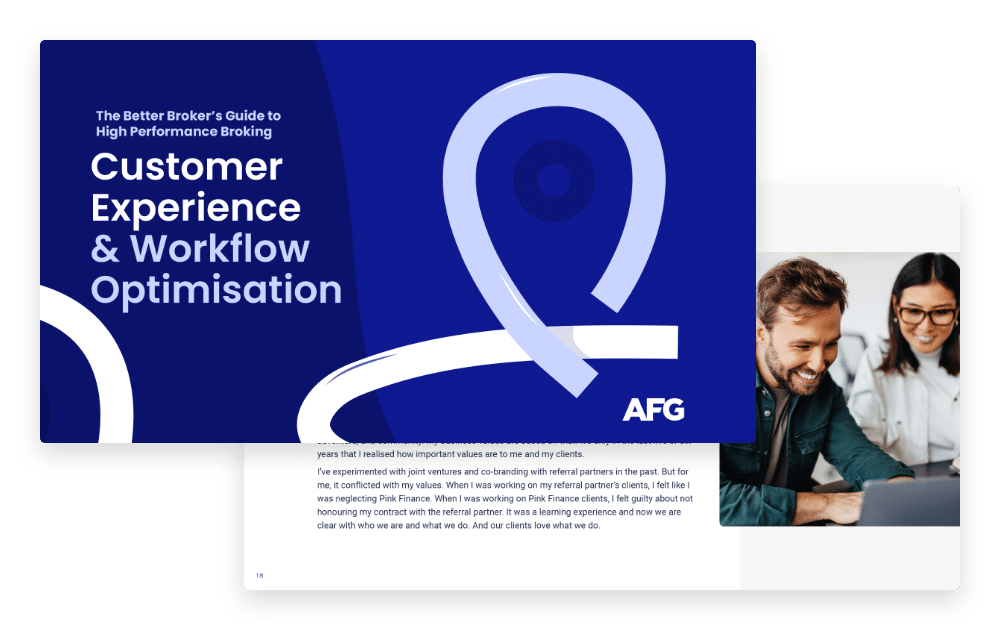Any small business owner knows that one of the most important aspects of operating, yet also the most difficult to manage, is cash flow.
A campaign calling on big business to cut their payment terms to 30 days is gaining momentum. Kate Carnell cut to the chase on breakfast radio at the end of last year with a very simple observation. “If we want small businesses to be the engine room of the economy – and everybody does. Engines need petrol and petrol is cash flow,” she said.
The message was simple – Australia’s SMEs were being starved of cash flow by a blowout in payment times which forced many to wait months for invoices to be paid.
Ms Carnell, who was appointed Australia’s first Small Business and Family Enterprise Ombudsman last year, has wasted little time launching an inquiry into long payment times.
In recent years, settlement terms to SMEs had extended from 30 days to 60, 90 and even 120 days in some instances. And some of the main late payment offenders were big business and government, with small businesses lacking the clout needed to demand shorter payment terms. Add in late payments and many small businesses were going to the wall waiting for invoices to be paid.
Australian Securities and Investment Commission (ASIC) data indicated inadequate cash flow was the leading reason businesses failed. A recent spike in business failures has underlined the importance of SMEs ensuring they have access to adequate working capital or flexible cash flow finance in uncertain times.
In the third quarter of 2016 Dun & Bradstreet reported 15,116 business failures across Australia, a jump of 42 percent on the previous quarter and the highest since Q1, 2013. The ASBFEO inquiry into long and late payments was prompted after extensive consultation with SMEs in 2016, which highlighted payment lags as a critical issue. The office was seeking input from small business operators and would holds a series of public consultations through February before delivering a final report in March.
Along with the inquiry, the Ombudsman’s office has joined other major industry groups – Council of Small Business Australia (COSBOA), AiGroup (Australian Industry Group) and the Australian Institute of Company Directors (AICD) – in calling for big business to commit to reducing payment times.
COSBOA head Peter Strong urged CEOs of major companies make public pledges their companies would pay 30-day terms by June 2018.
“Not many people are aware of how entrenched this behaviour has become in our business world.” Mr Strong said. While 90-day terms were becoming increasingly common in the B2B sphere, even individual contractors were facing 60-day payment terms.
“Individual contractors, unlike B2B payments, often rely on this money to live, to pay mortgages and to put food on the table. In these instances, late payments can have a huge impact,” he said.
Ms Carnell echoed this sentiment and said cutting payment times would deliver a significant boost to the economy and benefit all by ensuring cash was available for SMEs to hire and expand.
Talking on ABC radio, Ms Carnell said: “There are a couple of states in the US, I think, that have taken a really smart approach. They said: ‘Look things are tight, budgets are tight, but one thing we can do to stimulate small business is to pay in 15 days.’ So, just by governments speeding up their payment times, it can make a huge difference to the economy more broadly.”
Collectively, Australian small businesses were owed around $26 billion in unpaid debts, which averaged about $13,000 per business. Longer payment terms dictated by larger businesses unfairly disadvantaged small business owners. “You can’t say to your staff, ‘Sorry we’ll pay you in 90 days’,” she said.
Ms Carnell hoped to see protocols enacted to bring the current average payment time of 45 days down to 30 days. She also praised moves to even the playing field with the introduction in November of a new law protecting small businesses from being forced into unfair contract terms with larger operators.
Visit www.accc.gov.au/business/business-rights-protections/unfair-contract-terms for more information.
To find out more about the ASBFEO Payment Times and Practices Inquiry or to complete a survey on how late payments have affected your business, visit the ASBFEO website.
Remember, the start of the new year is a good time to review your working capital arrangements. There are a number of lender options available, some of which may not even require your home as security.









